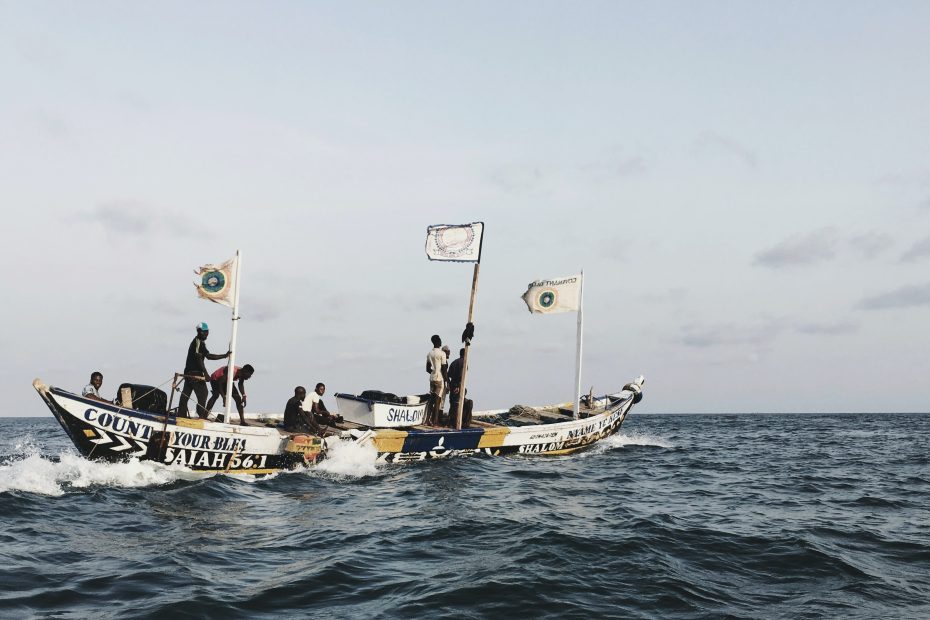Table of Contents
Introduction
Ghana is a beautiful West African country with a diversity of landscapes, cultures, and attractions to explore. While destinations like Kakum National Park and Elmina Castle draw many visitors, Ghana has even more hidden gems waiting to be discovered off the beaten path. From ancient mosques to stilt villages on a lake, Ghana rewards travelers who venture to its lesser-known spots. Join me as I uncover some of Ghana’s most intriguing hidden destinations.
Northern Region
The Northern Region may be Ghana’s least visited area, but it holds some fascinating sites.
Mole National Park
Tucked away in northwest Ghana, Mole National Park protects an incredible variety of wildlife. Visitors can spot elephants, monkeys, buffalo, warthogs, and over 300 bird species as they explore the park’s grasslands and forests. Morning and evening safari drives provide the best opportunity to observe animals in the wild.
Larabanga Mosque
Built in the 15th century, Larabanga Mosque is Ghana’s oldest mosque and one of the oldest buildings in West Africa. The striking Sudanic-style architecture incorporating minarets and vaulted rooms is impressive to behold. Visiting this hidden historic gem transports you back centuries in time.
Ashanti Region
The Ashanti Region contains the bustling city of Kumasi along with some noteworthy out-of-the-way attractions.
Lake Bosomtwe
Formed in a meteorite crater, Lake Bosomtwe is a stunning natural wonder surrounded by small villages and lush forests. Visitors can hike to viewpoints overlooking the expansive lake, swim, or visit traditional fishing villages accessible only by boat.
Kumasi Central Market
Kumasi Central Market is one of West Africa’s largest markets. Inside this sprawling complex, traders sell everything from textiles to food items. Exploring the vibrant market offers fascinating insight into Ghanaian culture and commerce.
Western Region
Along Ghana’s southern coast, the Western Region features both cultural and ecological attractions.
Nzulezo Village
Nzulezo village is an extraordinary stilt village built entirely over Lake Tadane in the coastal wetlands. The wooden structures and walkways over the water create a serene scene. Interacting with villagers and learning about their way of life is a one-of-a-kind experience.
Ankasa National Park
Far off the typical tourist route, Ankasa National Park’s dense forests and wetlands provide habitat for forest elephants, antelopes, monkeys, chimpanzees, and more. Guided nature hikes introduce visitors to the diverse plants and animals found in the region.
Central Region
The Central Region holds some of Ghana’s most famous sites as well as some lesser-known gems.
Elmina Castle
As one of Africa’s first European slave-trading castles, the immense Elmina Castle bears witness to a grim period of history. Tours shed light on the castle’s thought-provoking past and storied present. The dramatic coastal setting adds to the experience.
Kakum National Park
Kakum National Park offers visitors the once-in-a-lifetime chance to walk through the treetops on its 350-meter long canopy walkway. Suspended bridges connect seven platforms, providing spectacular views of vibrant rainforest.
Cape Coast Castle
Similar to Elmina Castle, Cape Coast Castle also functioned in the trans-Atlantic slave trade. Guided tours provide insight into the castle’s complex history. The castle also contains a museum exhibiting Ghanaian culture and history.
Eastern Region
The Eastern Region holds massive Lake Volta along with scenic coastal sights.
Lake Volta
Lake Volta is one of the world’s largest manmade lakes, covering approximately 3,275 square miles (8,500 sq km). Cruise boats and ferries allow visitors to experience the lake’s natural beauty and scope. Fishing and watersports are also popular activities.
Lighthouse at Cape St Paul
Perched dramatically on a rocky cliff along the Atlantic Ocean, Cape St Paul Lighthouse offers panoramic views. Climbing the old stone lighthouse illuminates Ghana’s maritime history and the lighthouse’s ongoing importance guiding ships.
Greater Accra Region
While Accra has urban attractions, hidden gems can still be found in Ghana’s capital city.
Makola Market
Within Accra, Makola Market provides an immersive introduction to the sights, sounds, and smells of a sprawling African market. Like Kumasi Market, stalls overflow with foods, textiles, and handmade goods that reflect Ghana’s diverse cultures.
National Museum
Ghana’s National Museum traces the country’s heritage through exhibits on history, culture, and art. Many displays spotlight Ghana’s Akan, Ewe, Ga-Dangme, and Dagomba peoples. The museum offers an enriching experience away from Accra’s city bustle.
Conclusion
From vibrant wildlife parks to storied castles, Ghana enthralls visitors with its wealth of attractions both popular and concealed. Venturing to the country’s hidden gems provides insight into Ghana’s incredible history, cultures, landscapes, and biodiversity. Discovering Ghana’s secret destinations promises an unforgettable, inspiring journey full of surprises. Don’t miss the opportunity to uncover Ghana’s many treasures off the beaten path.
FAQs
What are some top hidden gems in Ghana?
Some top hidden gems in Ghana include Mole National Park, Nzulezo stilt village, Larabanga Mosque, Lake Bosomtwe, Ankasa National Park, and Cape St Paul Lighthouse.
What is there to do at Lake Volta?
At Lake Volta, visitors can take cruise boat tours, ferry rides, fish, swim, and partake in watersports like kayaking. The lake also has scenic villages that can be reached by boat.
What animals can you see on a safari in Mole National Park?
On a Mole National Park safari, visitors may spot elephants, monkeys, warthogs, buffalo, antelope, chimpanzees, and many exotic bird species.
What historical sites should you visit in Ghana?
Top historical sites to visit in Ghana include Elmina Castle, Cape Coast Castle, Kakum National Park, Larabanga Mosque, and the National Museum.
What markets in Ghana offer cultural immersion?
Kumasi Central Market and Makola Market in Accra give visitors a fascinating glimpse into Ghanaian culture, commerce, and daily life.
